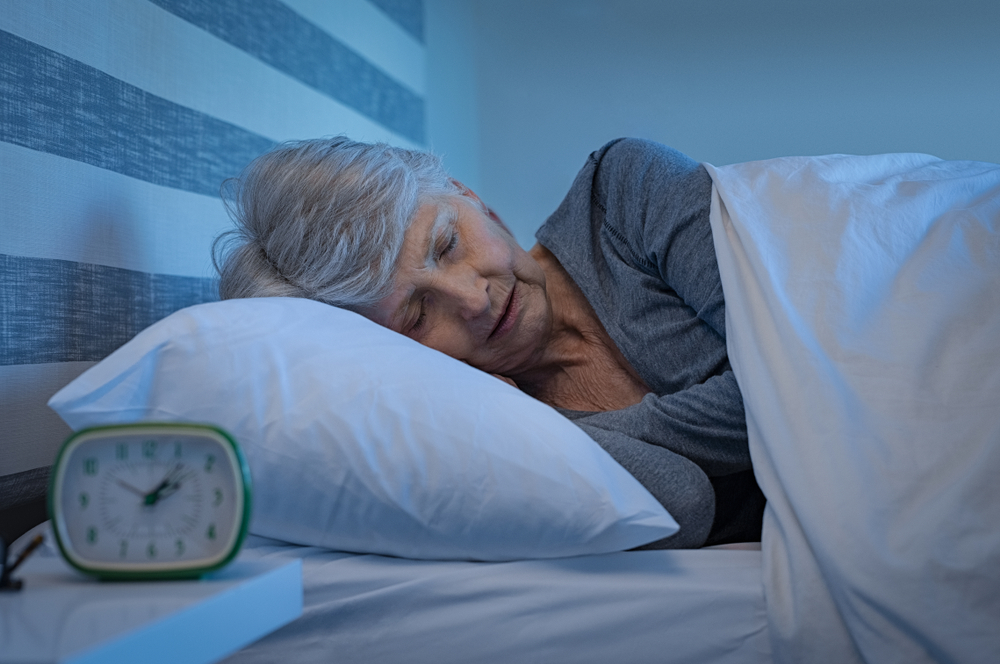
Sleep apnea has an interesting effect on people. While it does cause problems with snoring, breathing, and the inability to achieve adequate rest, it also affects the way you dream. Whether you suddenly have difficulty remembering what you dreamed about the night before, or you wake up most mornings recalling a horrific nightmare, sleep apnea therapy in Rochester may be the solution. Read on to learn about the link between the two and what you can do to achieve a restful night’s sleep.
Sleep Apnea and Dreaming: What’s the Connection?
If you break down a traditional sleep cycle, you will discover that dreaming occurs after you’ve been asleep for about 90 minutes. This phase is known as the REM cycle (rapid eye movement). When suffering from obstructive sleep apnea (OSA), the normal dream state is often interrupted by the pauses in breathing and continuous waking, gasping for air.
Because each person is different, you may find that you are unable to recall what occurred within your dream, or you may suffer from nightmares or night terrors.
To Dream or Not to Dream: How Your Brain Decides
In a study published in the Journal of Clinical Sleep Medicine, researchers discovered that more than 71% of individuals without sleep problems could recall their dreams, while an estimated 43% suffering from some form of sleep condition could.
When OSA occurs during the REM cycle (dream state), your brain is likely to do one of two things: fight or flight. What this means is that your dreams will either become less prominent, meaning you will be less likely to remember them, or they will become more intense, causing fear. It is believed that the latter occurs in some individuals because of the body’s inability to breathe.
When a blockage occurs within the airway, it makes it much harder to breathe normally. If experiencing a dream at the same time, this can quickly turn into a nightmare (i.e. buried alive).
What to Do to Achieve Restful Sleep
While there are numerous methods of treatment available for sleep apnea patients, the one most commonly used by your dentist in Rochester is oral appliance therapy. Using a custom-made device that is designed to fit comfortably within the mouth, your jaw will move slightly forward, allowing your airway to remain open while you sleep.
With continual wear, you will begin to notice a dramatic difference in the way you sleep, how you dream, and how you feel when you wake in the morning.
About the Practice
At Gentling Dental Care, we see patients who suffer from sleep apnea, and with skilled and highly trained dentists who are equipped to treat this common condition, we will work to help you get the rest you need and deserve. Chronic fatigue can be debilitating but living with sleep apnea doesn’t have to be a hopeless feeling. Our team of professionals will formulate a personalized treatment plan to help you achieve desired results and have you sleeping soundly and restfully once again. To learn more, we invite you to contact us via our website or by calling (507) 288-7379.

